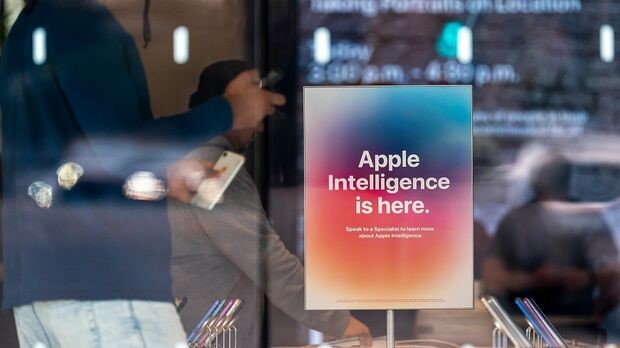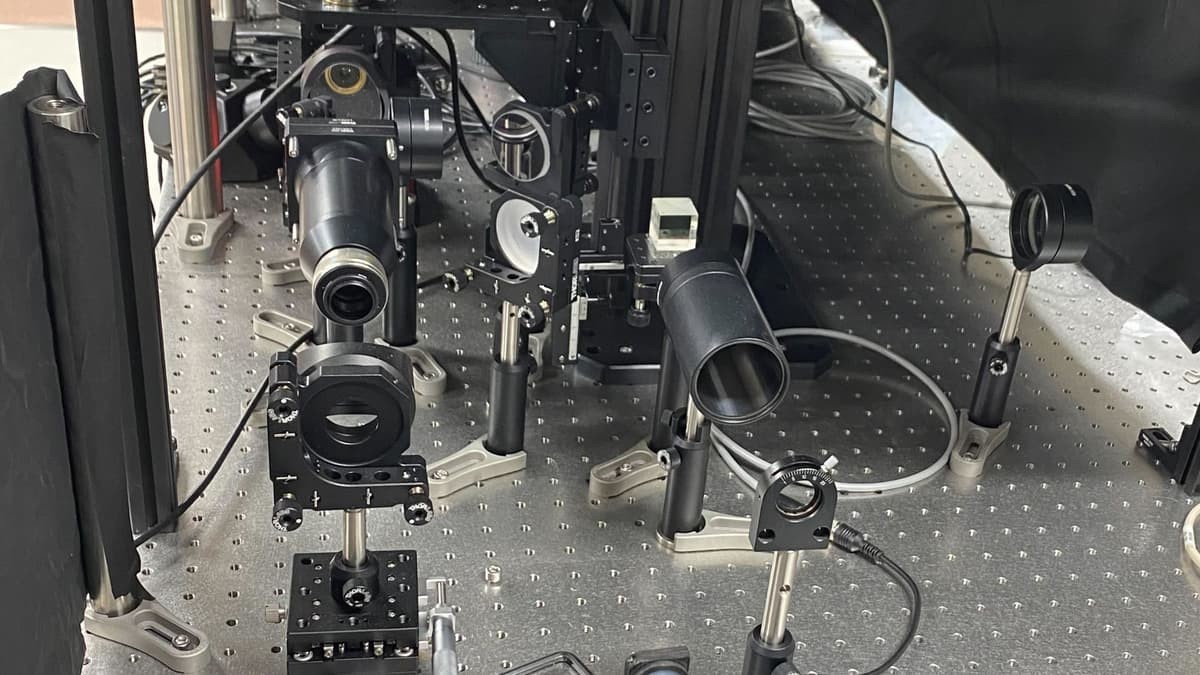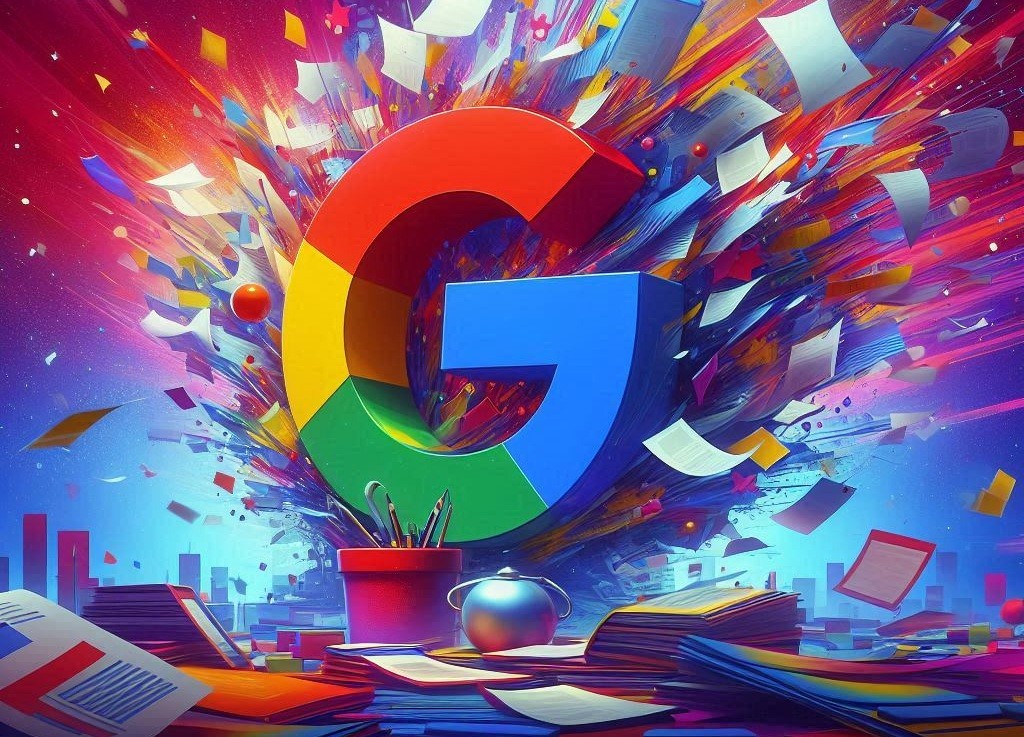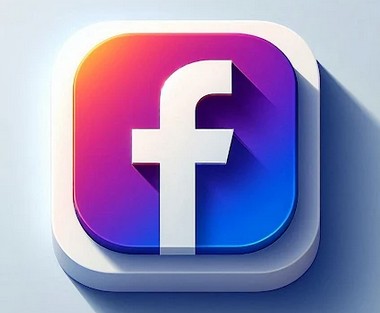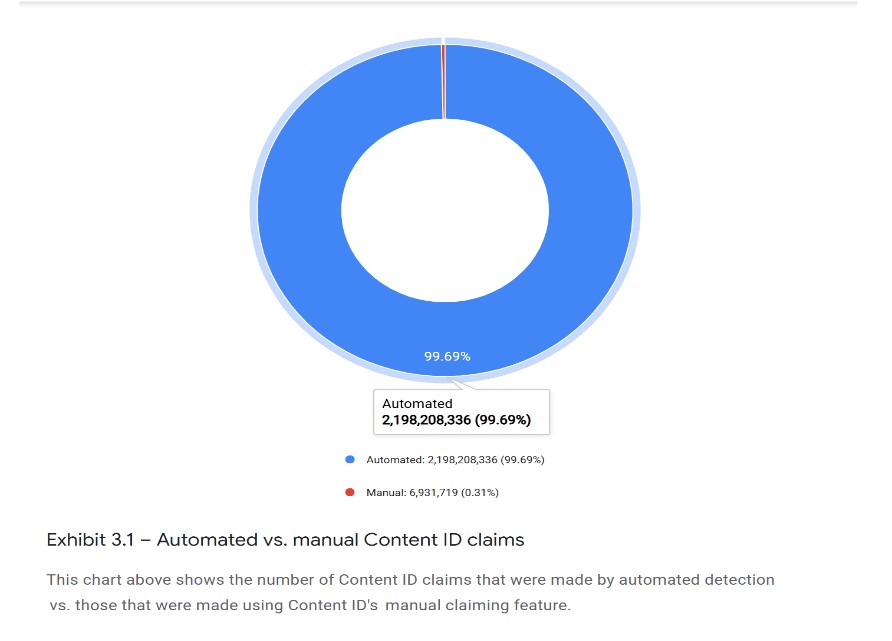Zuckerberg Claims Facebook Added 'Value' to Instagram in Antitrust Trial
Social media giant Mark Zuckerberg took the stand for a second day on Tuesday in a landmark U.S. antitrust trial, defending Meta against claims that it acquired Instagram and WhatsApp to eliminate emerging competition.
The federal court trial in Washington has dashed Zuckerberg’s hopes that a potential return of President Donald Trump to the White House would lead to a more relaxed approach to antitrust enforcement against Big Tech.
Federal Trade Commission (FTC) attorney Daniel Matheson presented emails from 2012 in which Facebook’s former chief financial officer outlined potential reasons for acquiring startups like Instagram—one of which was “neutralizing a competitor.”
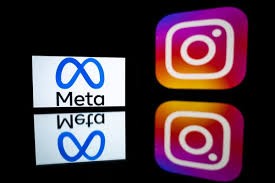
Figure 1. Zuckerberg Says Facebook Enhanced Instagram’s Value in Antitrust Trial
Zuckerberg avoided directly addressing the issue of competitive pressure, instead emphasizing Facebook’s contributions to Instagram’s growth in features, user base, and revenue. Figure 1 shows Zuckerberg Says Facebook Enhanced Instagram’s Value in Antitrust Trial.
"Instagram integration ended up going very well; we were able to add way more value to Instagram than we would have expected," he testified.
"After that, we basically felt more confident that we could identify other social apps, potentially acquire them, and grow them faster than they would have on their own," Zuckerberg said [1].
He also claimed that if Snapchat had accepted Facebook’s acquisition offer in 2013, it could have grown to billions of users by now.
In reality, Snapchat closed out last year with approximately 450 million daily users.
"After that, we basically felt more confident that we could identify other social apps, potentially acquire them, and grow them faster than they would have on their own," Zuckerberg said.
He also claimed that if Snapchat had accepted Facebook’s acquisition offer in 2013, it could have grown to billions of users by now.
In reality, Snapchat closed out last year with approximately 450 million daily users.
“For what it’s worth, I think we would have accelerated their growth,” Zuckerberg said, referring to Snapchat.
The case could ultimately result in Meta being forced to divest from Instagram and WhatsApp, both of which have become global giants since their acquisitions.
Originally filed in December 2020 during the first Trump administration, the lawsuit sparked speculation over whether the Republican leadership would pressure the FTC to back off.
Zuckerberg, currently the world’s third-richest person, made multiple visits to the White House in an effort to persuade the president to pursue a settlement rather than proceed with the antitrust trial.
As part of his lobbying strategy, he contributed to Trump’s inauguration fund, revamped Facebook’s content moderation policies, and purchased a $23 million mansion in Washington—widely seen as an attempt to stay close to political power.
At the heart of the case is Facebook’s 2012 acquisition of Instagram for $1 billion. At the time, Instagram was a small but fast-growing photo-sharing app that has since expanded to over two billion active users.
The FTC cited an internal email in which Zuckerberg described Instagram’s rise as “really scary,” adding that it was a reason they “might want to consider paying a lot of money for this.”
In his testimony Monday, Zuckerberg downplayed those remarks as early-stage discussions, made before a clear strategy for Instagram had formed.
However, the FTC contends that Facebook’s $19 billion acquisition of WhatsApp in 2014 followed a similar pattern—motivated by fears that the messaging platform could evolve into a competing social network or be acquired by a rival [2].
Meta’s defense attorneys argue that the success of Instagram and WhatsApp stems from the substantial investments made after their acquisition, transforming them into the powerhouses they are today.
They also point out that Meta’s apps are free for users and operate in a highly competitive environment.
In his opening statement, FTC attorney Daniel Matheson claimed Facebook “decided that competition is too hard and it would be easier to buy out their rivals than to compete with them.”
Meta’s attorney Mark Hansen pushed back, stating that “acquisitions to improve and grow an acquired firm” are not illegal under U.S. law—and that’s exactly what Facebook did.
A major point of contention in the trial will be how the FTC defines Meta’s market. The U.S. government contends that Facebook and Instagram dominate the space of apps designed for connecting with family and friends—a category that, according to the FTC, excludes platforms like TikTok and YouTube.
Meta strongly disagrees.
“The evidence at trial will show what every 17-year-old in the world knows: Instagram, Facebook, and WhatsApp compete with Chinese-owned TikTok, YouTube, X, iMessage, and many others,” a Meta spokesperson stated.
References:
- https://techxplore.com/news/2025-04-facebook-added-instagram-zuckerberg-antitrust.html
- https://www.nytimes.com/2025/04/15/technology/meta-antitrust-trial-mark-zuckerberg.html
Cite this article:
Janani R (2025), Zuckerberg Claims Facebook Added 'Value' to Instagram in Antitrust Trial, AnaTechMaz, pp.93



